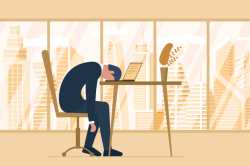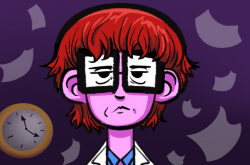Do not chase accomplishments
Nowadays, kids are often brought up with expectations of overachievement. In schools, universities, and in the workplace we are encouraged to work hard, devote ourselves to professional growth, and deliver results. On top of that, social media provides a constant stream of overblown success stories that make us feel like we could be doing much more instead of lagging behind.
This emphasis on professional growth and development just makes us feel guilty for enjoying leisure and rest. It seems as if that time could be better spent on something more productive. So, we go ahead and cram courses, lectures, podcasts, and sports into our schedule.
But, as humans, our resources are limited and without refueling, you are bound to burn out. That is why psychologists advise against neglecting rest and in favor of taking frequent breaks during the day to do something other than work – or interspersing your routine with relaxation techniques. For example, you can do a breathing exercise, listen to your favorite playlist, draw something (or just doodle), stretch your legs by exercising or going out to get coffee. Note which activities are relaxing and which ones energize you – make sure to alternate between them. Remember to keep track of your emotions and do not force yourself to do anything if you are not feeling up to it. It is better to take a break and recover.
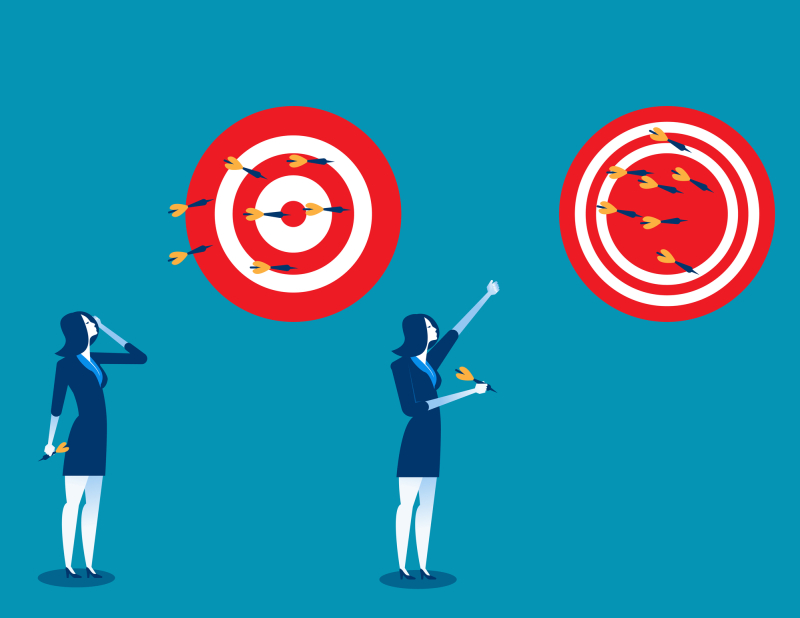
Credit: photogenica.ru
Give yourself a digital detox
Everyone knows that spending a lot of time on social media (especially before going to sleep) is bad for your physical and mental health. But we all still do it – it seems like the easiest way to relax, take your mind off things, and get your daily dose of dopamine.
Psychologists say this is akin to stress eating or eating trash food simply to trigger a release of chemicals that cause enjoyment. Just like gluttony, information overload exacerbates the issue by draining your resources, overloading your brain, and, most importantly, devouring your time. After coming off the high, we are left wondering how we managed to waste the entire evening – or weekend.
The first step to beating this craving is to realize that it is just a defense mechanism we use to avoid unpleasant actions, thoughts, or emotions. And just like stress eating, it does not really work. Try to figure out what makes you want to go on social media, how browsing it makes you feel, and how you react to it.
Arrange a digital detox and see how it affects you. Find honest answers to these questions: why are you doing it, why do you want it, and what goals are you trying to meet.
No one says you should stop surfing the internet entirely. But setting a time limit may be good for you, and there are plenty of apps that can help with that.
Additionally, you can take a course on mindfulness, psychological safety, or digital detoxing that were created by psychologists here at ITMO. Some, like the ones about healthy sleeping habits or self-care, are available online (in Russian) and are free for the students and employees of the university.
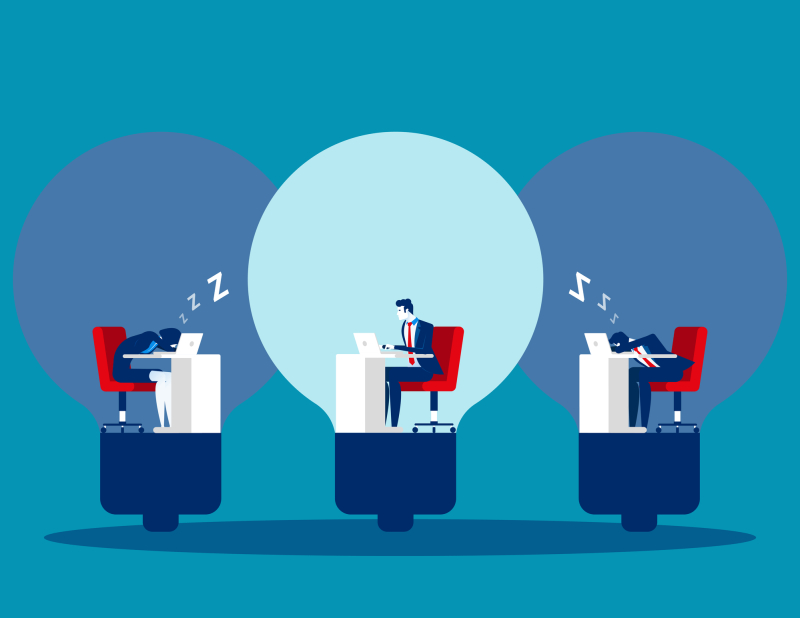
Credit: photogenica.ru
See also:
How To Return to Work After Holiday Season When Motivation Is Lacking
Cultivate a healthy rest culture
While there are thousands of books that teach you how to be productive and manage your time effectively, you are on your own when it comes to figuring out how to spend your time off. This proves to be a challenge for many. The thing is, we lack a well-defined rest culture. Thinking about our rest is just not something that we are used to; thus, many people’s idea of downtime is binging TV shows, watching YouTube, or checking their social media.
Practicing mindfulness and planning can come in handy when tackling this issue as well. Treat your rest like you would a research topic. You may find some solutions by asking your colleagues and friends about their hobbies and interests. Use these to make a list of activities that sound enjoyable or that you’ve always wanted to try out but never had the time.
Consider new ways of spicing up your life with some variety and unpredictability. For example, you can go to a restaurant and try something out of the ordinary (or cook it yourself), take a walk somewhere you’ve never been to, go on a small trip to a neighboring town, or take a tango class.
If you are still convinced that leisure is what stands in the way of your success, then Olga Gofman suggests you read these books: Kazimir Malevich’s Laziness as the Truth of Mankind, Bertrand Russell’s In Praise of Idleness, or Josef Pieper’s Leisure: The Basis of Culture.
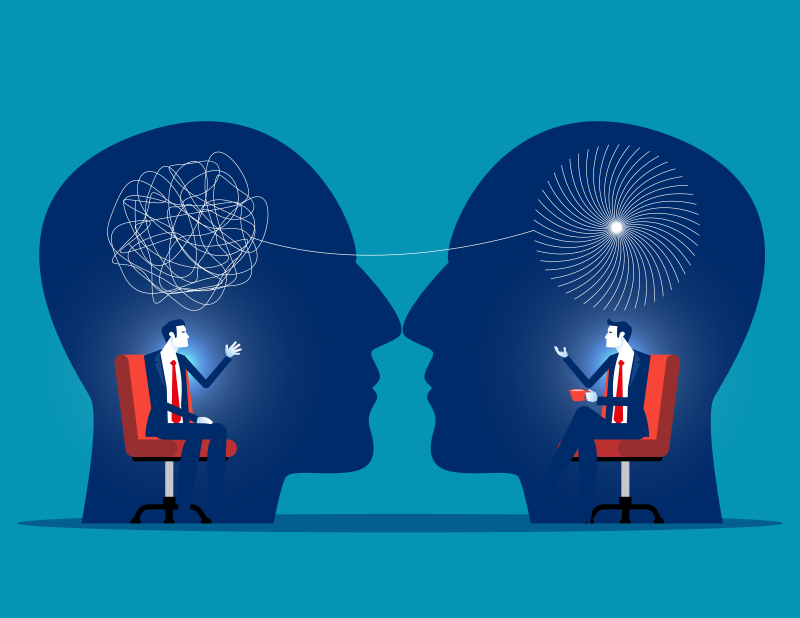
Credit: photogenica.ru
Switch work-life balance…
Others experience a different problem: they have too many interests/hobbies and not enough time in the day, so they often overstuff their weekends, leaving no room for leisure. Yet it is even worse when a person decides to stay up late to engage in activities they have no time for during the day. This phenomenon is also known as revenge bedtime procrastination.
Psychologists consider sleep procrastination one of the side effects of work-life balance. A common misinterpretation of the popular concept is that one should allot equal amounts of time to their personal and professional lives, thus falling into the trap of thinking that they could use their time more wisely, rest more productively, and do more in less time.
The problem is, work-life balance initially implies a contrast or even a confrontation between work and leisure as labor and freedom. People start seeing their jobs as a burden, which keeps them from doing what they love and makes them put their life on hold.
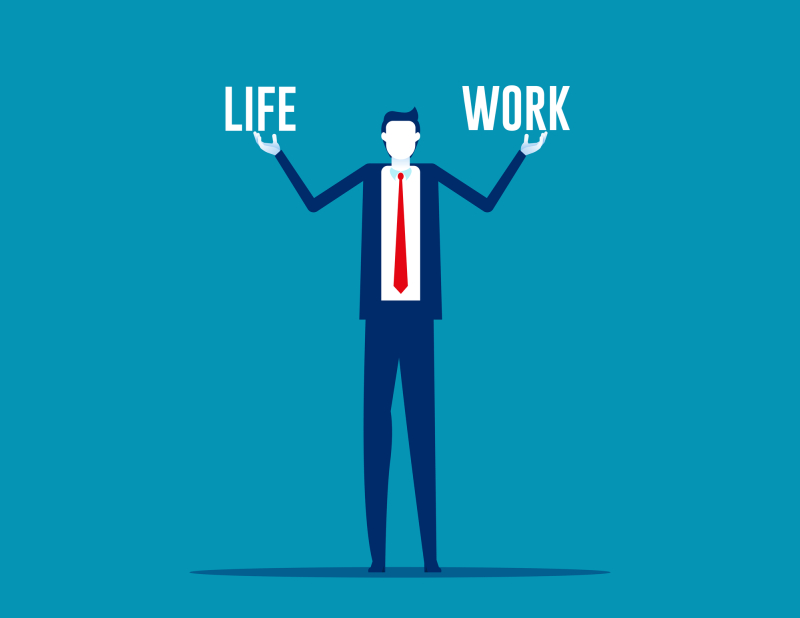
Credit: photogenica.ru
…for work-life blend
Work-life blend is a new buzzword in the workplace. The term appeared during the pandemic when working from home became a common phenomenon. The coming of this new era blurred working hours and the line between private and professional lives but, however, gave people a chance to choose when they want to work, rest, engage in personal affairs, or do household chores according to their priorities, deadlines, and mental state.
Instead of keeping both worlds apart, work-life blending suggests treating personal and professional lives as one big whole. This is true not only for remote workers but also those who work at the office. For instance, you can get up early to do your yoga, read a few pages while you’re on your way to work, take a 15-minute break to study English, and enjoy yourself in the evening, be it at an exhibition or ice rink with friends.
Though it might sound unreal, it is all about time-management, and adding enjoyable activities and hobbies to your daily routine will only make your week more exciting. But remember: take one step at a time and treat yourself kindly!




